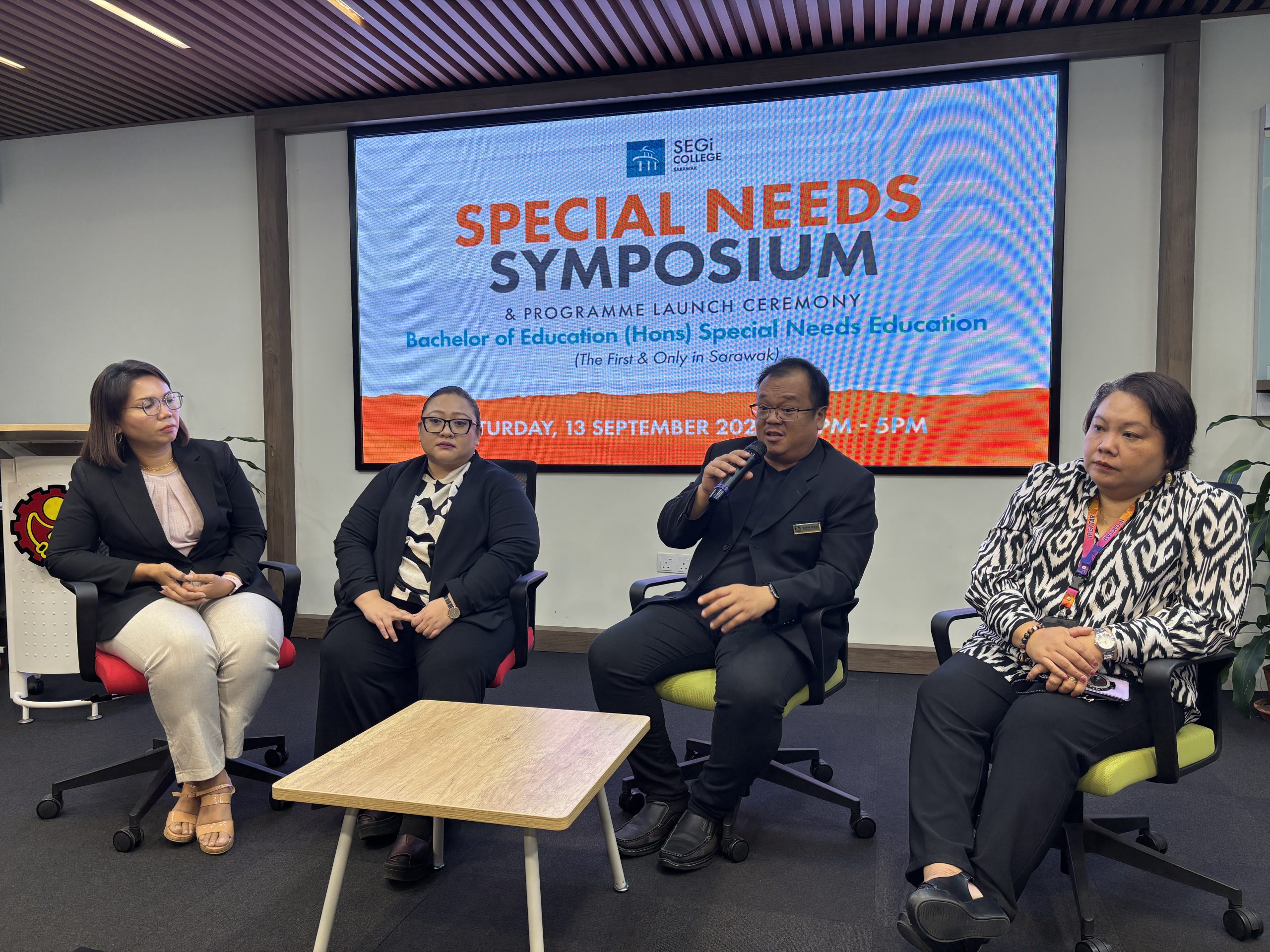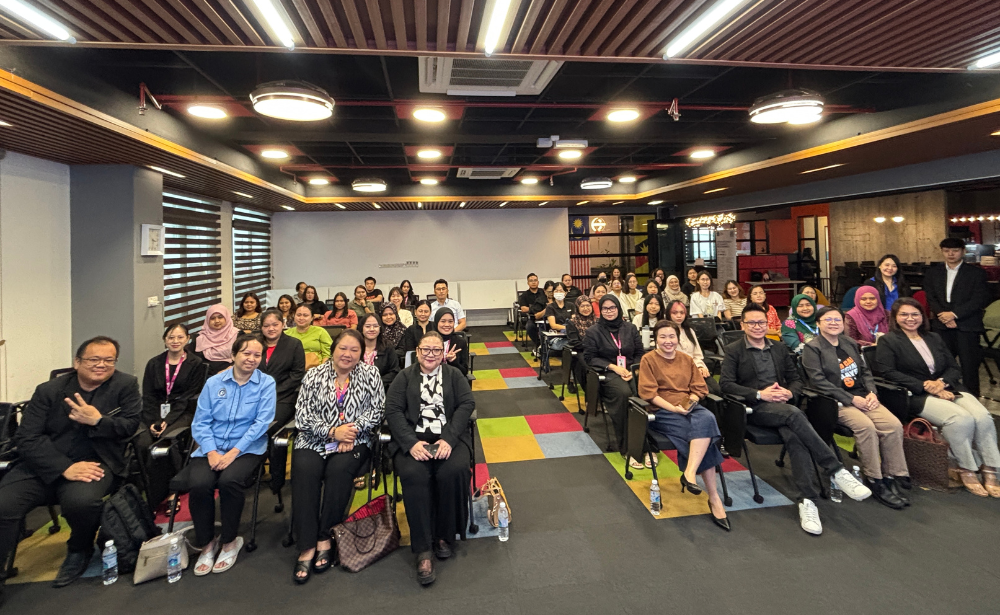SEGi has launched the Bachelor of Education (Hons) in Special Needs Education, marking a clear commitment to inclusive learning and teacher upskilling in Malaysia. The programme equips current and aspiring educators with practical strategies, empathy-led pedagogy, and classroom tools that help children with diverse learning needs flourish. It is open to full-time students and working professionals, making progression attainable without stepping away from existing roles.
The need is urgent and growing. Malaysian data show autism prevalence among school-age children rose from 6.34 to 9.29 per 1,000 between 2018 and 2022. ADHD is documented locally at roughly 2.75 percent in boys and 0.6 percent in girls, while experts estimate 5 to 10 percent of Malaysian children have dyslexia. Social attitudes also matter. A UNICEF Malaysia study found 58 percent of respondents feel under-informed about disability, one in three believe children with disabilities should be kept hidden, and 43 percent think they would be disruptive in mainstream classes. Globally, UNESCO reports 251 million children and youth remain out of school, with learners with disabilities disproportionately affected. These figures underscore why the programme exists: to build teacher capacity, reduce stigma, and expand access to quality education.
The launch in Kuching was hosted by SEGi College Sarawak and officiated by Principal Dr Susie Lau Meng Ching, Head of Student Experience Office Wallace Wong Kang Hern, and Programme Leader Laura Albert Chuan. A symposium brought together practitioners and advocates who highlighted real-world pathways for support, assessment, and collaboration across schools, families, and community organisations.
Speakers from the District Education Office’s Special Education Unit clarified the Murid Berkeperluan Pendidikan Khas framework and the privileges provided by the Ministry of Education Malaysia. Perkata Special School’s principal shared two decades of practice, emphasising attentive teaching and strong parent partnerships. A student counsellor from IPG Kota Samarahan described how timely advocacy changed a learner’s trajectory, while the Kuching Autistic Association outlined practical ways to engage autistic individuals and showcased community programmes that build skills and independence.
Designed for impact beyond the classroom, the degree’s flexible delivery helps teachers, counsellors, and education professionals gain evidence-based competencies they can apply immediately in schools and support centres. By growing a workforce trained in differentiated instruction, early identification, and family-school collaboration, SEGi is directly addressing capacity gaps that hold learners back and strengthening the ecosystem that surrounds every child.
This initiative also advances Malaysia’s broader inclusion agenda by normalising conversations about disability, improving teacher readiness, and creating learning spaces where differences are recognised as strengths. The programme signals a call to action for educators, parents, and communities to champion equal opportunity so that every learner can participate, progress, and thrive.
This event is organised in support of the following United Nations Sustainable Development Goals (SDG):
SDG 4: Quality Education
SDG 10: Reduced Inequalities
SDG 3: Good Health and Well-being


